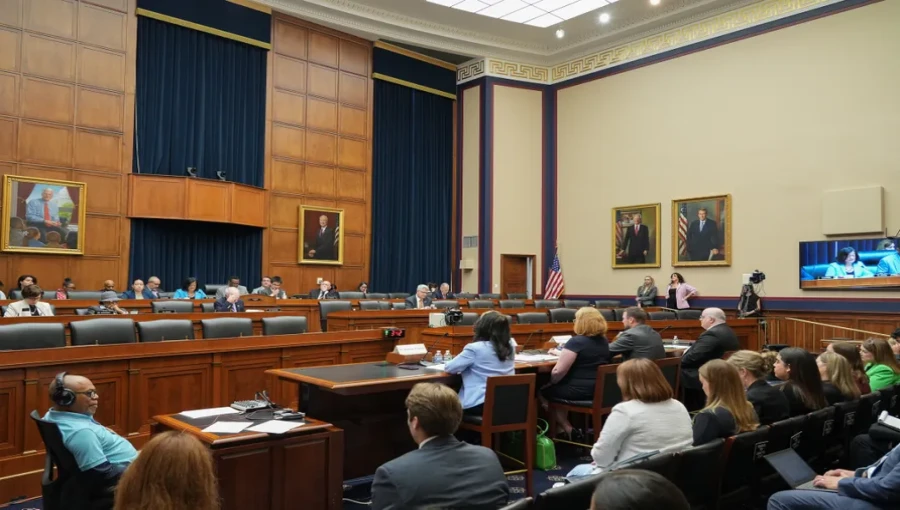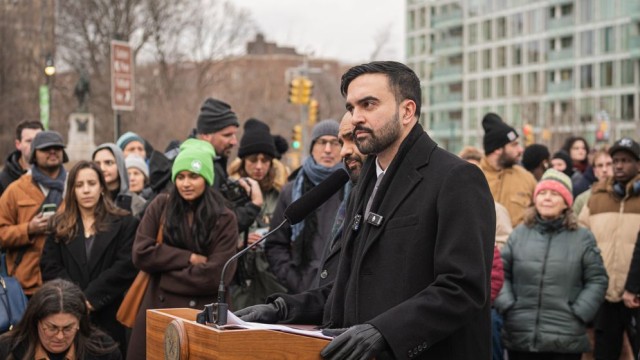Washington, Dec 13, (V7N) – College students may soon see positive changes thanks to two new bipartisan federal laws signed by President Joe Biden. One law addresses delays in financial aid applications, while the other tackles on-campus hazing.
FAFSA Deadline Act Signed into Law
On Wednesday, President Biden signed the FAFSA Deadline Act, which mandates that the U.S. Department of Education officially launch the Free Application for Federal Student Aid (FAFSA) every year on October 1. If the department cannot meet this deadline, the Education Secretary must testify before Congress, explain the delay, and estimate the impact on families.
The legislation follows years of issues with FAFSA, particularly the latest overhaul of the application, which faced significant delays and technical glitches. This caused disruptions for students, especially those applying to college. In the past, FAFSA opened on October 1, but it had always been a soft deadline. When the Education Department failed to meet the timeline in recent years, students faced the challenge of applying for financial aid with limited time.
To prevent similar issues in the future, the department brought in additional staff this year to address the glitches. Despite the initial delays, the latest rollout has been much smoother.
The FAFSA Deadline Act passed with strong bipartisan support. Republican Senator Bill Cassidy, who introduced the bill, argued that the law will protect students from “bureaucratic incompetence” and prevent the uncertainty of not knowing financial aid statuses. Democratic Representative Bobby Scott, initially opposed to the bill, ultimately backed it, citing the balance it strikes between timely access and quality of the application process.
Stop Campus Hazing Act Set for President’s Approval
In addition to the FAFSA bill, the Senate passed the Stop Campus Hazing Act, which is now headed to the President’s desk. This legislation expands the definition of hazing and mandates that colleges disclose hazing incidents as part of their annual crime reports, something that was not previously required by federal law.
Under the existing 1990 law, universities must report crimes like burglary and sexual assault, but hazing was not included, despite its ongoing prevalence on campuses. The new law also requires schools to adopt comprehensive hazing prevention programs, publish their hazing policies, and track violations by fraternities and sororities.
The Clery Center, a nonprofit that helps colleges comply with federal crime reporting standards, applauded the bill's passage. Executive Director Jessica Mertz emphasized the importance of transparency in addressing the issue.
The legislation is also supported by families affected by hazing, including Julie and Gary DeVercelly Sr., whose son died in a fraternity hazing incident at Rider University in 2007. They expressed hope that the new law would help prevent future tragedies, saying, “No parent should have to bury their child.”
Conclusion
Both pieces of legislation represent significant steps forward in addressing longstanding issues in higher education, with the FAFSA Deadline Act aiming to eliminate financial aid uncertainty and the Stop Campus Hazing Act increasing campus accountability. These bipartisan efforts show a rare moment of agreement in a polarized Congress and offer hope for meaningful change.
END/SMA/NYC/AJ/































Comment: